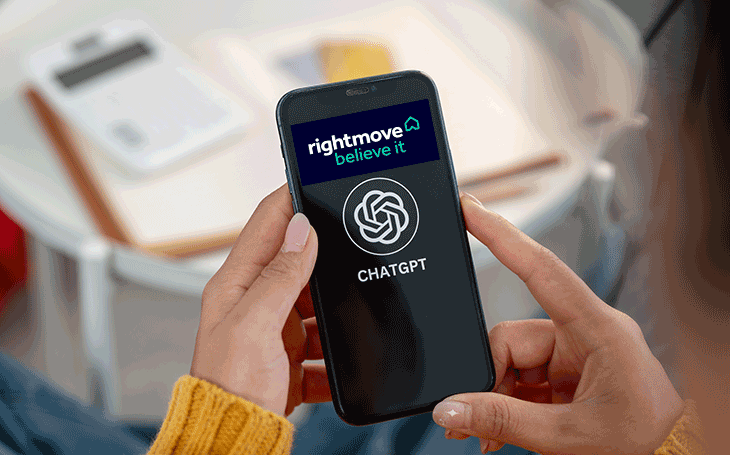
Japan’s cherry blossoms may dominate spring headlines, but another bloom quietly steals the show. Each year, millions of blue nemophila flowers transform a hillside north of Tokyo into a sea of sky-colored petals, and the result is every bit as breathtaking.
At Hitachi Seaside Park, about 80 miles north of Tokyo, there are 4.5 million nemophila flowers that will start blooming in mid-April and it’s like something out of a fairytale.

Photo: cdrw/Shutterstock
The nemophila bloom takes place from late April to mid-May, with the blue flowers covering the 8.6 acres of the park’s Miharashi no Oka Hill.
Nicknamed “baby blue eyes,” nemophila are delicate, cup-shaped flowers with translucent petals and a soft, luminous hue. Their color is most vibrant at the start of the bloom, so visitors hoping to see the hillside at its peak should plan for late April or early May. By mid-May, the blossoms begin to fade.

Photo: divedog/Shutterstock
The bloom has become one of Japan’s most photogenic spring events, drawing visitors who wander the winding paths that cut through the hill for panoramic views of blue in every direction.
Admission tickets are available at the park, and prices vary by season. This year’s first guided tour of the nemophila bloom is scheduled for April 19 at 10:30 a.m., offering an in-depth look at one of Japan’s most enchanting spring displays. ![]()


